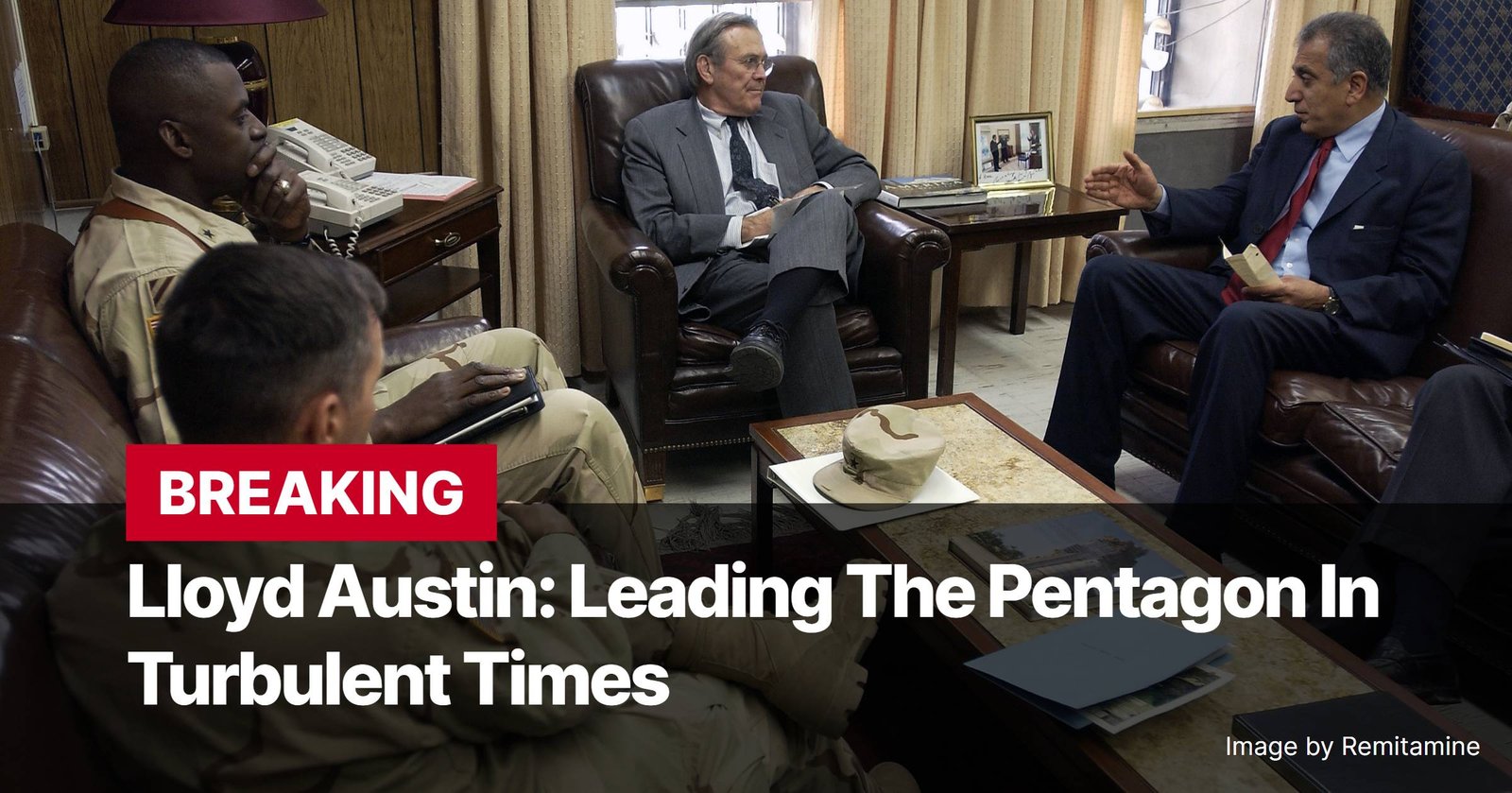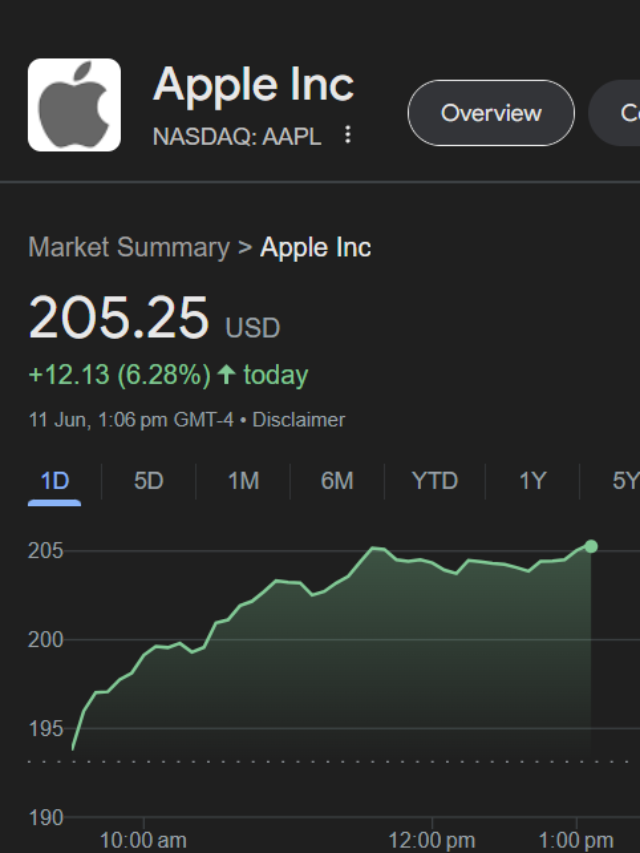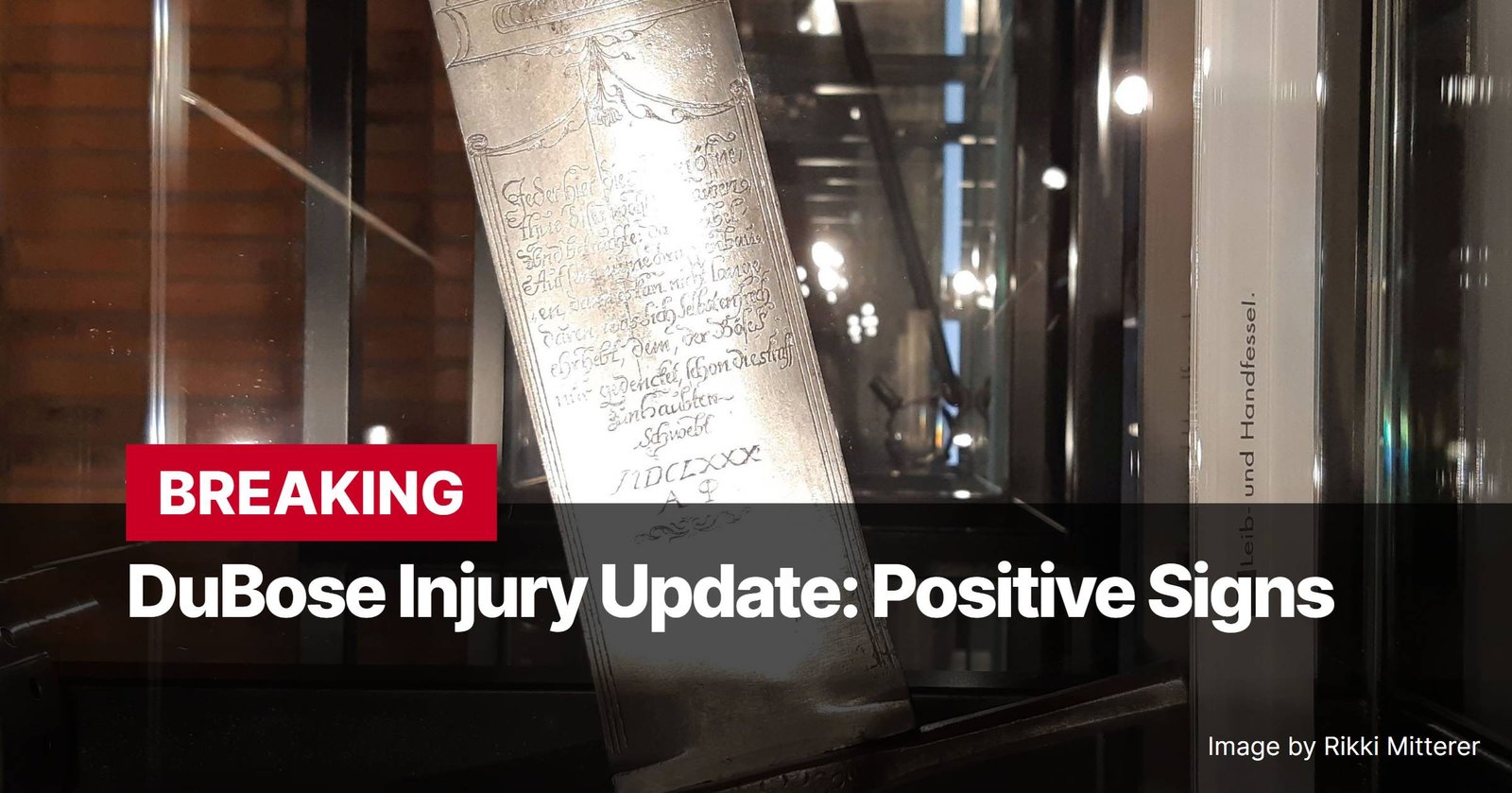Secretary of Defense Lloyd Austin has become a prominent figure in current news cycles due to his role in navigating a complex and evolving global security landscape. His recent actions and statements regarding several key international issues have placed him in the spotlight, highlighting his leadership at the Pentagon.

A significant development involves Austin’s hospitalization in early January 2024 due to complications following a medical procedure for prostate cancer. While his prognosis is excellent, the delayed disclosure of this hospitalization sparked criticism and raised questions about transparency within the Department of Defense. Austin has since publicly acknowledged and apologized for the lapse in communication, taking full responsibility for not informing the president, his team, and the public in a timely manner. This incident underscores the delicate balance between personal privacy and the public’s right to know, especially when it concerns the health of a high-ranking government official.
Beyond this personal health matter, Austin’s focus remains firmly on global security challenges. He has been actively involved in addressing the ongoing conflict in Ukraine, reaffirming unwavering U.S. support for the country’s defense against Russian aggression. He has played a central role in coordinating international aid and military assistance to Ukraine, emphasizing the importance of maintaining a united front against Russia’s actions. His recent trips to Kyiv and meetings with Ukrainian President Volodymyr Zelenskyy underscore the U.S.’s commitment to supporting Ukraine’s sovereignty and territorial integrity.
Austin has also addressed concerns regarding extremism within the military, implementing new training requirements to reinforce the importance of upholding the oath of office and addressing impermissible behaviors. This initiative reflects a broader effort to maintain the integrity and professionalism of the armed forces.
Moreover, Austin has emphasized the importance of alliances and partnerships in the Middle East. He has engaged with leaders in the region, reinforcing the U.S.’s commitment to security and stability. His involvement in multinational efforts to counter threats from groups such as ISIS and to address maritime security challenges highlights his focus on collaborative approaches to regional security. He has overseen operations to counter attacks on commercial shipping and other targets, working with international partners to ensure freedom of navigation and bolster regional security.
Further afield, Austin has been actively engaged in addressing the challenges posed by China in the Indo-Pacific region. He has expressed concerns about China’s military activities and emphasized the U.S.’s commitment to assisting Taiwan in maintaining its self-defense capabilities. His efforts to strengthen alliances with countries like Japan and Australia, as well as his focus on modernizing the U.S.’s force posture in the region, reflect the U.S.’s strategic focus on countering China’s growing influence.
Austin’s career trajectory, from his command of U.S. Central Command to his current role as Secretary of Defense, reflects his extensive experience in military leadership and strategic decision-making. His leadership has been tested by a range of complex issues, from the withdrawal of troops from Afghanistan to the ongoing conflict in Ukraine, and his decisions have far-reaching implications for global security. As he continues to navigate these challenges, his leadership and policy decisions will undoubtedly remain subjects of intense scrutiny and debate.



















